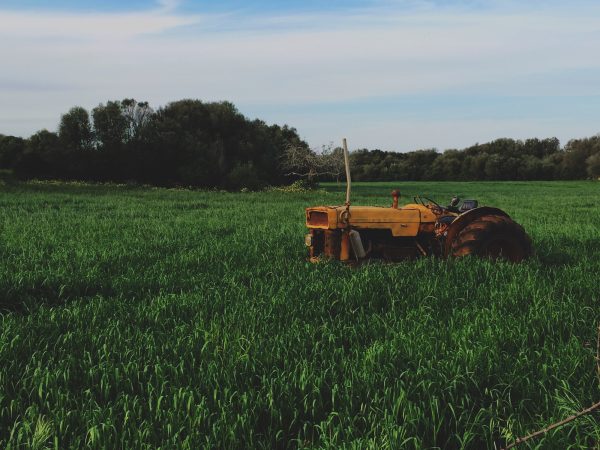Post-Fordist consumption has led to the emergence of new ways of eating and the introduction of new foods. This process has been marked by the revalorization of traditional products and preparation methods and the appearance of products that were not previously part of the culinary culture. Specific values are also attached to these new or revalorized food products. In some cases, this value is environmental: the products facilitate recovery of local species that are in decline or sustainable forms of production (green consumption). In other cases, drug-like properties are attributed to these foods (functional foods). Other foods are ascribed ethical value or seen as a way of supporting producers (fair trade products).
These changes in consumption habits are having a series of effects on rural food-producing societies. Requirements linked to new products (or products that are the same but have now been ascribed particular characteristics) drive changes in the production structure, production-related social relationships, approaches to marketing products, the relationship with the market, and so on. These developments also foster the appearance of new actors in the agri-food chain (consumer cooperatives, back-to-the-landers, development NGOs, etc.).
This research area focuses on analysing these changes: what influence do new actors have in rural societies? Who benefits from changes in production systems? Are the costs and benefits associated with these changes equitably distributed? Do the changes reduce or increase the bargaining power of producers in the agri-food chain? Do they promote communal working (cooperativism) or drive individual competition?






